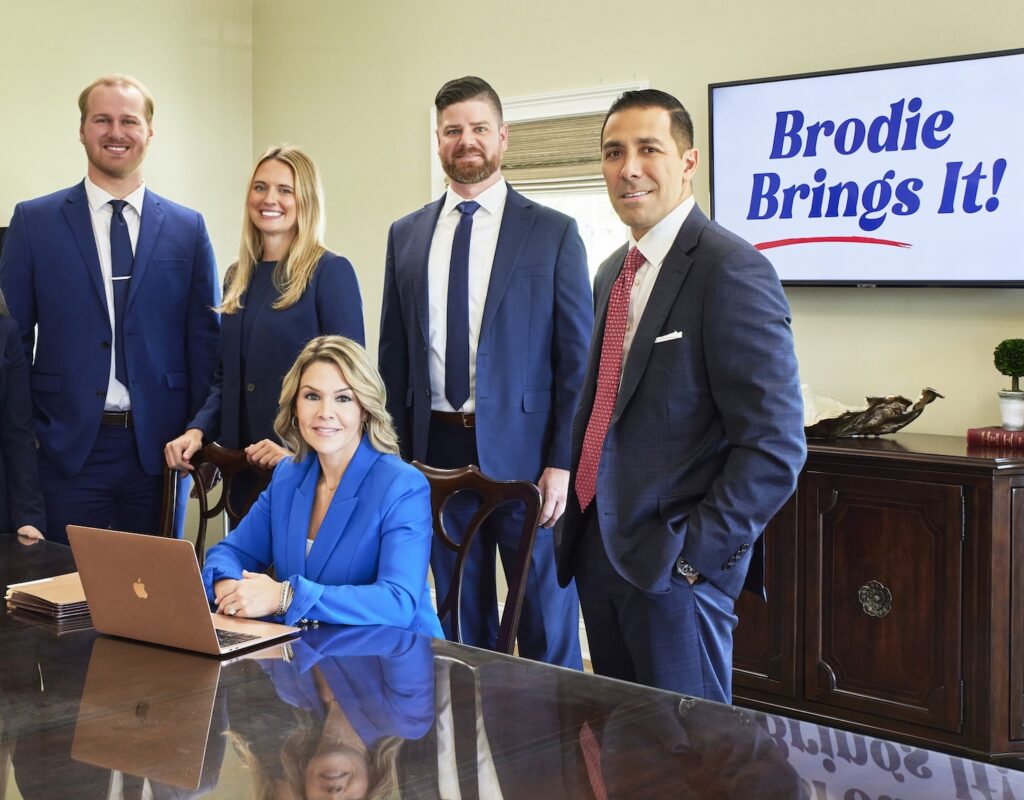The Evidence That Wins Georgia Car Accident Cases
Most car accident claims in Georgia don’t fail because there was no injury; they fail because the evidence didn’t hold up. According to our Georgia car accident attorneys, proving fault isn’t about emotion or memory; it’s about what you can show, preserve, and defend. Courts, insurers, and juries base decisions on proof, and in Georgia, that proof often depends on the strength of your evidence.
How Photos and Videos Can Strengthen Your Georgia Car Accident Claim
Your phone may be the best tool you have after a crash. In Georgia, where liability determines recovery, visual documentation matters. A single photo can capture:
-
Vehicle positions before they’re moved
-
Skid marks or debris patterns
-
Weather, traffic, and lighting conditions
-
Visible injuries or damage
These details help your attorney and accident reconstruction experts rebuild what happened. Without them, your case depends on memory. With them, your case is grounded in something visible and verifiable.
Tip for Drivers:
If you can do so safely, take wide and close-up shots from multiple angles before vehicles are moved or towed. Include license plates, nearby signs, and any visible hazards.
Why Georgia Courts Rely on Eyewitness Testimony
In a Georgia car accident case, eyewitnesses bring clarity when the drivers disagree. A neutral witness can confirm who ran the light, whether a car slowed, or if a driver appeared distracted.
Courts evaluate:
-
Consistency: Does the account match physical evidence?
-
Proximity: Was the witness close enough to see clearly?
-
Timing: Was the statement made soon after the crash?
Statements taken at the scene carry more weight than ones recalled later. Georgia attorneys move quickly to identify, contact, and record witnesses while their memory is still fresh.
Local Insight: In Macon and surrounding areas, early witness contact can be critical. Many witnesses are commuters passing through I‑75 or I‑16, making quick follow-up essential.
The Importance of Police Reports in Georgia Car Accident Claims
When an officer responds to a crash, their report becomes the foundation of your claim. A Georgia police report typically includes:
-
Scene observations and diagrams
-
Statements from each driver and witness
-
Physical evidence (skid marks, debris, lighting)
-
Possible traffic violations or fault indicators
While police reports aren’t final proof in Georgia courts, they heavily influence insurance negotiations. Adjusters rely on these reports to decide who was at fault and sometimes deny claims based on a single line in the officer’s summary.
If errors appear, such as wrong dates or incorrect fault assumptions, your lawyer can request corrections or add a supplemental statement. The sooner these are addressed, the better your position.
Note: In Macon and Middle Georgia, police documentation quality varies by department. A skilled attorney knows how to interpret and challenge inconsistencies early.
How Black Box Data Can Support Your Case
Most modern vehicles contain event data recorders (EDRs), commonly called black boxes. These record vital crash data, including:
-
Speed before impact
-
Braking and throttle position
-
Steering input and seatbelt status
-
Airbag deployment timing
This data can verify or contradict what drivers claim. For example, if one driver denies speeding, the black box can show the exact speed at impact.
But timing is everything. If the car is repaired, salvaged, or sold before data is downloaded, it may be lost forever. Georgia attorneys send spoliation notices immediately to preserve this critical evidence.
When Expert Reconstruction Strengthens a Georgia Car Accident Claim
When physical evidence is limited or the stories conflict, accident reconstruction experts can rebuild what happened using physics and data. They analyze:
-
Vehicle weight and impact points
-
Skid marks and road conditions
-
Crush damage and speed estimates
Their findings create clear, visual reconstructions that help juries and adjusters understand fault. Georgia courts accept these experts when methods are sound and relevant.
Why Timing Matters
Early involvement means experts can inspect the vehicles and scene before conditions change. Once cleaned or repaired, much of that evidence is gone for good.
Local Relevance: Reconstruction experts familiar with Georgia’s road conditions like rain-slick interstates or rural two-lane highways bring valuable insight to your claim.
Georgia Car Accident Evidence FAQ
Should I call police after a minor accident?
Yes. Even small crashes in Georgia should be reported. A police report protects you if the other driver changes their story or claims injury later.
Can I access another driver’s black box data?
Not directly. In Georgia, that data belongs to the vehicle’s owner. Your attorney can request it through consent or a court order.
Will my photos matter in court?
Absolutely. Clear, unaltered photos from the scene are often admissible and can outweigh conflicting testimony.
What if a witness disappears or won’t cooperate later?
Your lawyer can locate them using the police report or subpoena their statement if needed. Acting quickly helps preserve their testimony.
Does the police report decide fault in Georgia?
No, it’s a starting point. Judges and juries decide final fault, but insurers rely heavily on what’s written.
Can I correct a mistake in the report?
Sometimes. Clear factual errors can be amended by request. Subjective details like fault typically require a supplemental statement or attorney rebuttal.
Protecting Your Evidence and Your Case in Macon and Middle Georgia
The moments after a crash set the tone for your entire claim. Taking photos, gathering names, and calling the police can mean the difference between a fair settlement and a denied claim.
At Brodie Law Group, we help clients across Macon, Warner Robins, Dublin and Milledgeville preserve and present evidence that proves what really happened.
Call (478) 239‑2780 for a free injury consultation with a Georgia car accident attorney, or contact us online.
There’s no fee unless we win.




